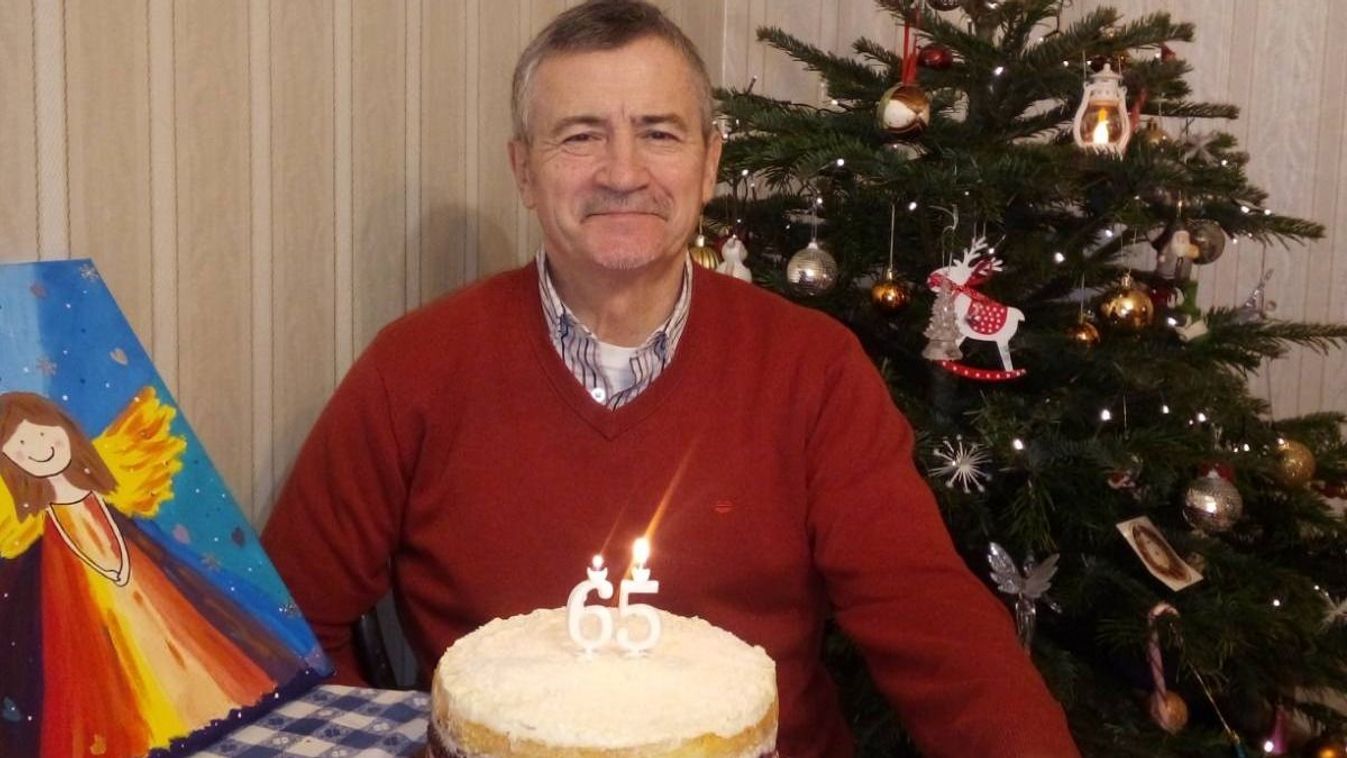The contests are set to be fiercely fought. The 36 state governors are among the most powerful politicians in Nigeria, wielding influence at national level and controlling budgets in some cases larger than those of small African nations.
From the mangrove swamps of the southern oil-producing Niger Delta to the dusty northern towns on the fringes of the Sahara, it is the state governor who is seen as the one who will provide new roads, schools and hospitals.
“These are positions that have much more bearing on people’s local communities and aspirations so these are very contentious elections, much more fiercely fought,” said Clement Nwankwo, head of Nigeria’s Policy and Legal Advocacy Centre.
“My worry is that some politicians are much more desperate and willing to take bigger risks,” he said.
This month’s elections have already been an emotional rollercoaster for the 73 million registered voters in Nigeria, which — until 10 days ago — had failed to hold a single credible election since the end of military rule in 1999.
Huge optimism over electoral reforms turned to disappointment when parliamentary polls, originally scheduled for April 2, had to be delayed by a week after voting materials failed to arrive at polling centres on time.
Hope was restored by a presidential race on April 16 deemed the freest and fairest in decades, but the euphoria was marred by rioting in the mostly-Muslim north last week over the victory of President Goodluck Jonathan, a southern Christian.
Hundreds were feared to have been killed and more than 40,000 displaced in the violence, in which churches, mosques, homes and shops were set ablaze. Tuesday’s vote has been delayed by two days in Kaduna and Bauchi, two of the worst-hit areas.
Members of the National Youth Corps, graduates doing their national service by helping run polling units, were targeted and there are fears some will be too afraid to return.
But voters voiced determination.
“Nobody can frustrate me from voting for who I want. Our party supporters will come out en masse,” said Garba Musa, 45, a carpenter in the northern city of Kano.
RULING PARTY UNDER PRESSURE
Jonathan may have been declared the winner of the presidential race but his ruling People’s Democratic Party (PDP), which has already seen its parliamentary majority weakened, is expected to lose ground at the state level.
A poll by global research firm Ipsos published in This Day newspaper on Monday showed the PDP, which currently controls more than two thirds of the 36 states, could lose as many as nine to opposition parties.
The Congress for Progressive Change (CPC) of former military ruler Muhammadu Buhari, Jonathan’s main rival in the presidential race, who claims rigging deprived him of victory, is expected to perform strongly in the north.
There are also fierce battlegrounds between the PDP and the Action Congress of Nigeria (ACN) opposition party, whose stronghold is the southwest, as well as in the Niger Delta.
The state of Akwa Ibom, on the edge of the oil-producing region, has already seen rioting in which dozens of cars were burned. The ACN governorship candidate, James Akpanudoedehe, was arrested and charged with treason over the unrest, triggering further protests, although he has since been released.
Akwa Ibom’s resident electoral commissioner, Maria Owi, said the army would be stationed closer to polling units this time.
“They should be on standby just in case anything happens,” she told Reuters in Uyo, the Akwa Ibom capital.
Police in Bayelsa state, also in the Niger Delta and facing a fiercely-fought election, arrested seven men on Monday with 52 locally-made guns, raising fears of violence there.
In the federal parliament polls, few voters could name their candidates and turnout was low. There was more enthusiasm at the presidential election, but the debate on the street was around personalities rather than policies.
On Tuesday, much more is at stake.
“Graduates are having to make a living out of this, the only industry here,” said Aniete Bassey, 45, pointing to a group of young men who work as motorcycle taxi riders in Uyo.
“The money is benefiting a few while the masses suffer. We need change,” he said, vowing to cast his vote.


















